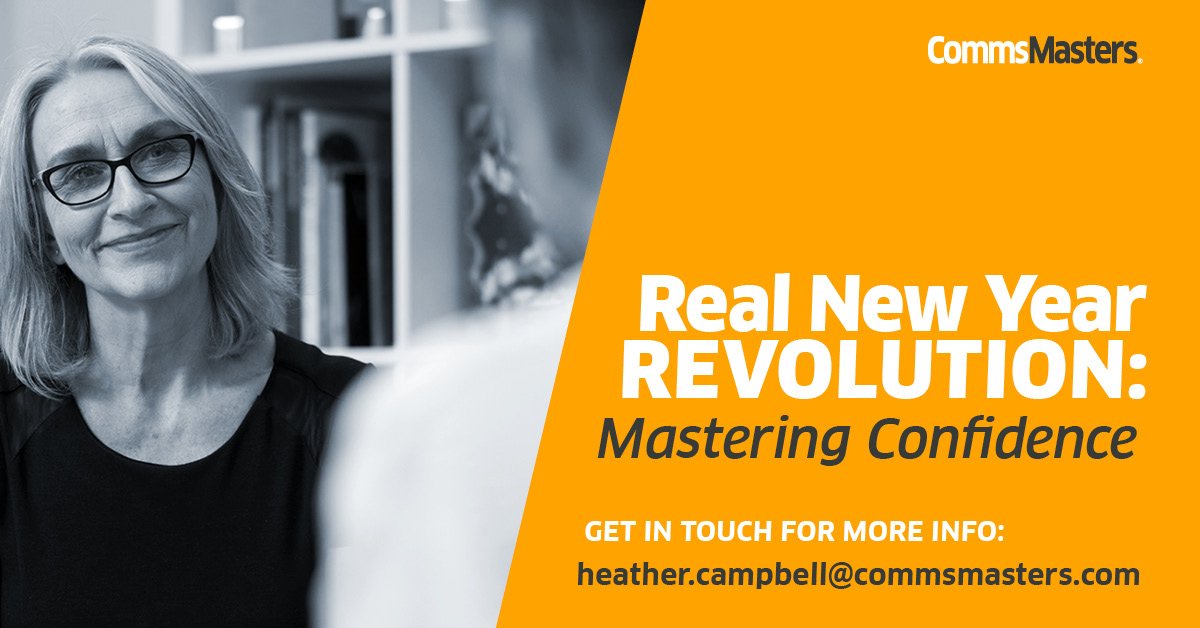
Mastering Confidence
Here are my 10 Key Strategies on how to Master Confidence - it’s the one proven game-changer for your success as a senior leader because it underpins everything else you will do.
Strategy 1
Understand What Confidence Is
Strategy 2
Recognise How Much Confidence Permeates Every Aspect Of Your Leadership Success
Strategy 3
Challenge Unhelpful Beliefs
Strategy 4
Differentiate between self-esteem
and self-confidence
Strategy 5
Understand and value the two pillars of self-confidence:
control and power
Strategy 6
Recognise that the opposite of confidence is fear
Strategy 7
Set clear boundaries.....
And stick to them
Strategy 8
Manage People Who Undermine You
Strategy 9
Understand & Manage Your Emotions
Strategy 10
Work on your resilience to build your confidence – and vice versa
Master Your Confidence
If you would like to find out more about my Virtual Programme, please click here to visit my website.
Why Work With Me
As Your Confidence Coach?
After 25 years of working with leaders across energy, engineering, construction and manufacturing industries, I understand the unique obstacles technical leaders face.
My frameworks guarantee no fluff and are designed to deliver quick results and sustained outcomes in complex, demanding environments.
